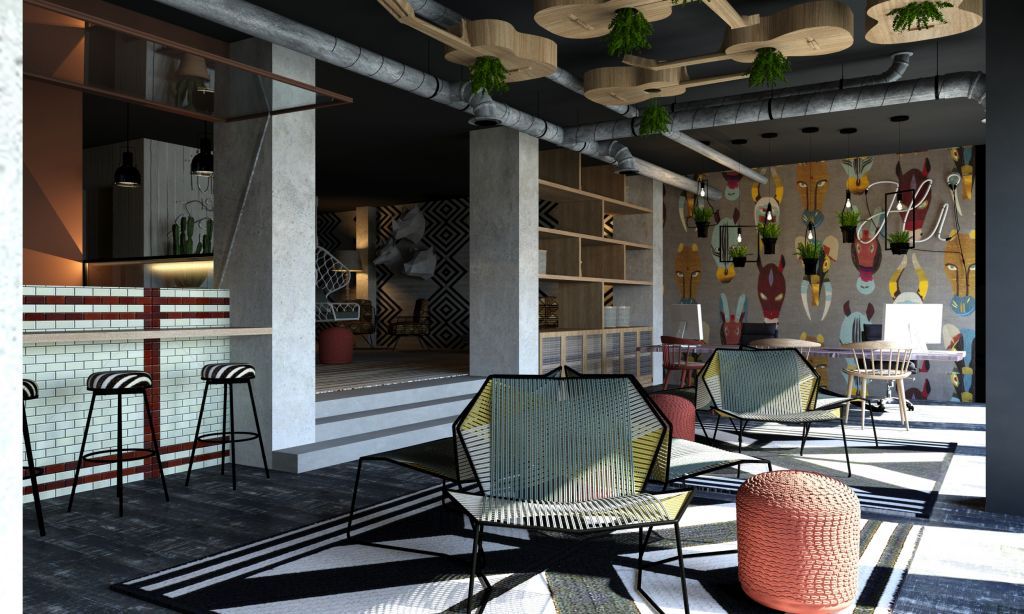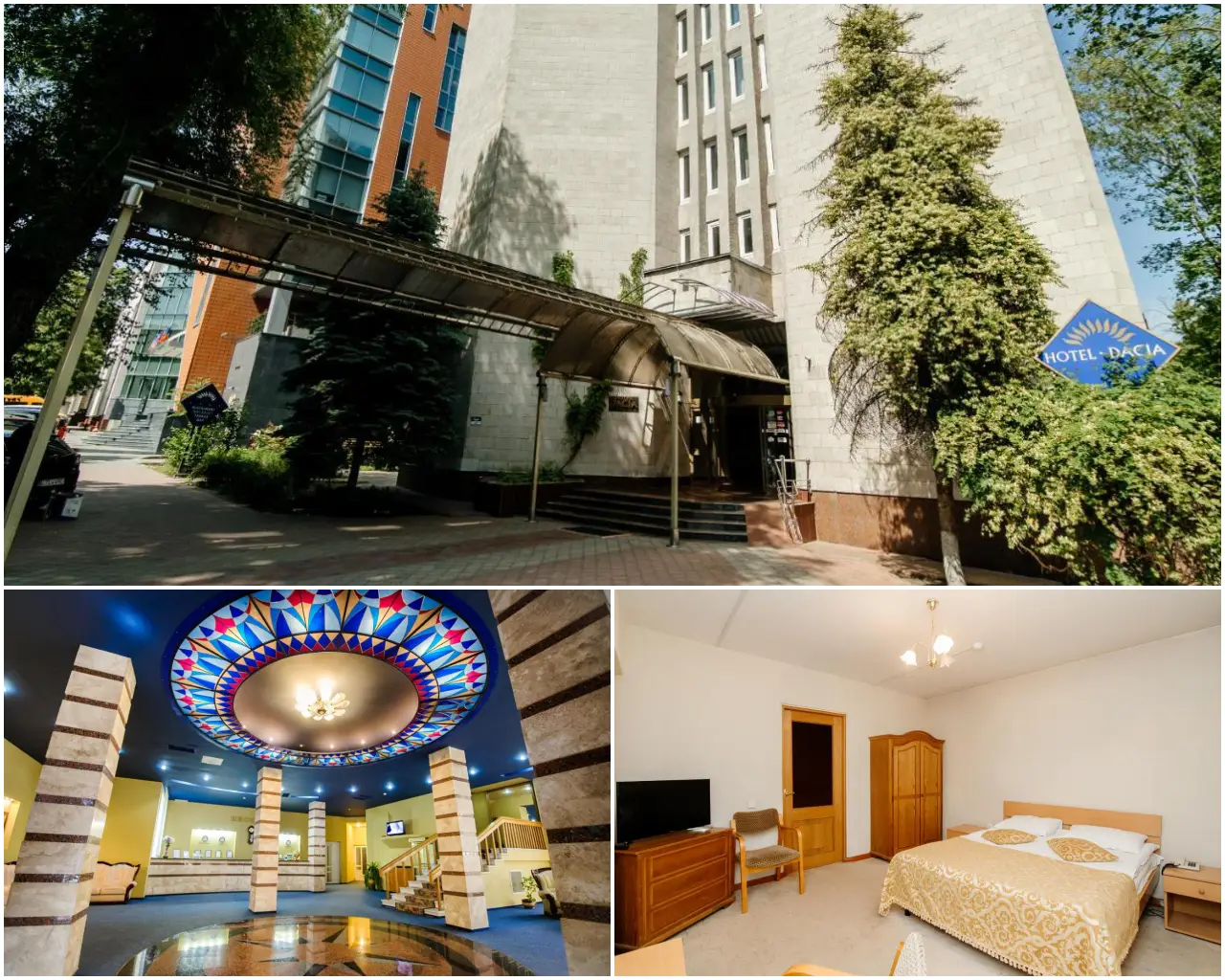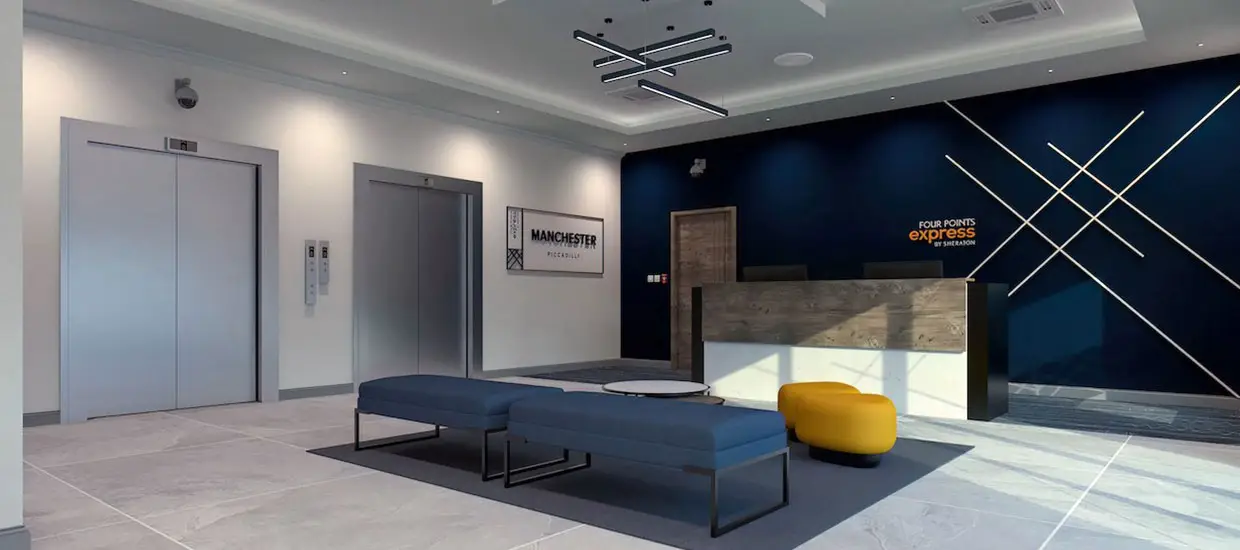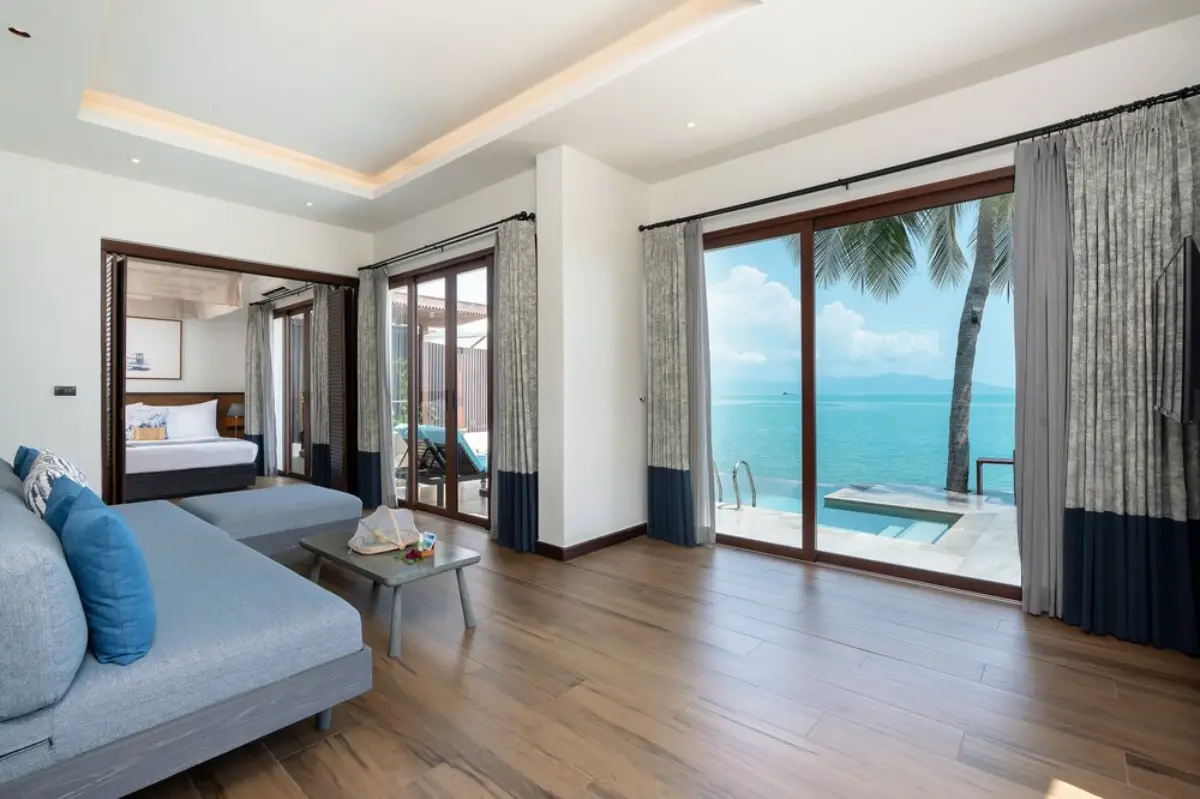Six Senses will open its first Australian property at Burnham Beeches, the heritage mansion and 22-hectare estate designed by architect Harry Norris in 1933 for the Nicholas “Aspro” Family.
Located 40 kilometers from Melbourne in the fern glades and forested hills of the Dandenong Ranges and neighboring Alfred Nicholas Memorial Gardens, the mansion is one of the finest examples of domestic Art Deco in Australia.
With initially 43 guest accommodations and hospitality venues, including a welcome lounge and terrace, a restaurant with outdoor seating, a library bar, and a rooftop retreat encased by garden planters, the interior design will be a contemporary interpretation of classic elegance. Bespoke craftsmanship and panelling will contrast with unexpected décor and curiosities. These playful and patterned spaces will be reminiscent of the mansion’s original Art Deco flamboyance, where joy once bubbled, and champagne corks flew.
The variety of guest rooms, with individual layouts and spread over the mansion’s three main wings, will offer a decadent retreat filled with seductive furnishing, character, and quirky touches. With a rustic-luxe vibe of understated elegance without forgoing indulgence, there will also be a separate two-bedroom cottage with interconnecting one-bedroom suite within the site’s Hilltop Retreat. Adding to the guest rooms and subject to planning applications, the masterplan will incorporate a premium and unique glamping offer to bring the total accommodations to 82.
Leaving the hustle and bustle of the city behind, the road to Six Senses Burnham Beeches ascends into the mountain mists and shady canopies of towering trees. This landscape invites the forest air and birdsong through the windows while guests enjoy good food, good company, and the crackle of a fire reflected in a glass, always half full. The sprawling farm gardens will provide fruit and vegetables for the restaurants (all that fresh air promotes hunger), and the herb garden will produce healing and aromatic plants for use in Alchemy Bar workshops and Six Senses Spa treatments.
A tactile nature playground is planned as part of the Grow With Six Senses approach to connecting children with nature through play and interactive learning experiences. To everyone’s delight, there will also be a premium glamping offering tucked in and around the Hilltop Retreat to allow for a non-intrusive, non-permanent, and eco-friendly alternative to staying at the mansion. After all, the magical parkland, arboretum, thicket, rockery, bushland, gullies, glades, a truffle farm, wetland, and native forest beyond are all spaces of tranquility and wonder for all ages to rediscover where the wild things go.
Subject to receiving the support of all stakeholders, Six Senses Burnham Beeches is slated to open in mid-2025.
Regenerative Escape
Six Senses Spa on the lower ground level of the mansion will provide a botanical environment housing a welcome lounge and boutique, tea lounge, treatment rooms, gym, hydro area and sauna, and comfy relaxation spaces. The simple forms and natural palette will offer an ethereal softness inside, framed by views of the gardens outside. Because the entire project has been envisioned through a regenerative lens, the separate pool house complex will also accommodate the Earth Lab, boosting the estate’s capacity to serve the community and the ecosystems that underpin the place.
“For Six Senses Burnham Beeches to be regenerative, it will not be a static place,” says Six Senses CEO Neil Jacobs.
“We’ll evolve and respond to bring the rich heritage of Burnham Beeches to life, inviting moments of exploration, discovery, connection to nature, and delight through interactive gastronomy, wellness, and sustainability experiences.”
Trenerry Consortium announced its acquisition of Burnham Beeches in early 2021. They have since assembled an industry-leading project team, including development manager Trenerry Property; principal architects Woods Bagot; noted Australian builders Hamilton Marino managing the restoration and build; and landscape architects Oculus. Serving as community liaison consultant, Sophie Paterson, great-granddaughter of the original Alfred Nicholas, says, “as a family, we are so excited at the prospect of our beloved family home finally being restored. Sitting neglected for far too long, this beautiful heritage home needs to be shared, and we could not be more pleased with the involvement of Six Senses as its new custodians.”
Village Square
The Trenerry Consortium’s masterplan also includes plans for a Village Square, serving as the beating heart of the site, which gives hotel guests access to an additional collection of venues, each with a rustic charm and staying true to the self-sufficient approach of the Nicholas family. Here, guests and locals will gather and enjoy abundance and indulgence at The Hearth, The Barn, Steak House, The Baker, Brew House, and Providore.
Burnham Beeches, Sherbrooke, and Nicholas Gardens are connected by a series of walking trails that weave throughout the site. Guests will be able to explore the historical, ecological, cultural, and indigenous stories from Burnham Beeches and the Wurundjeri and Kulin nation lands, incorporated into the art, architecture, signage, and landscaping throughout the grounds.
Trenerry Director Robert Dicintio says, “We now have a dedicated and world-class team passionate about activating the site as it was always intended to be. As plans progress, a key strategy of the Consortium continues to be to engage and listen to the local community and Council, Heritage Victoria, and Parks Victoria.”
Describing a design direction that rejoices in the spirit of the Dandenong Ranges and architect Harry Norris’ original vision, Woods Bagot Principal Architect and local resident Bronwyn McColl says, “A tier-one project and design team has been commissioned to restore Burnham Beeches to its former beauty. The design, programming, and activation will be influenced by Burnham Beeches’ historical, social, and ecological traits and patterns, as well as respond to feedback from the local community.”















